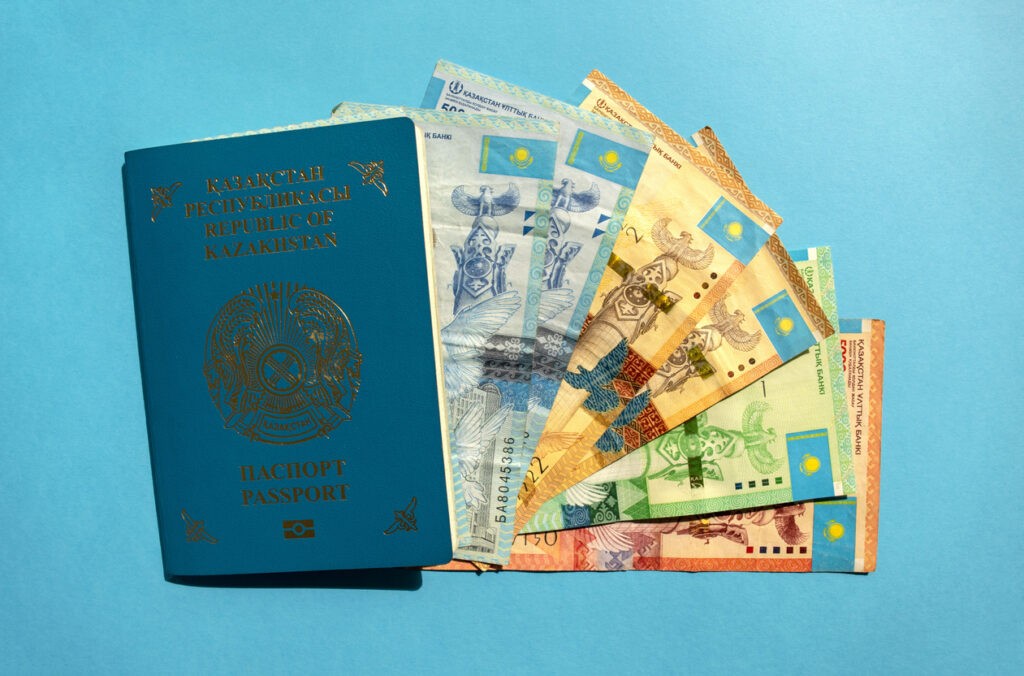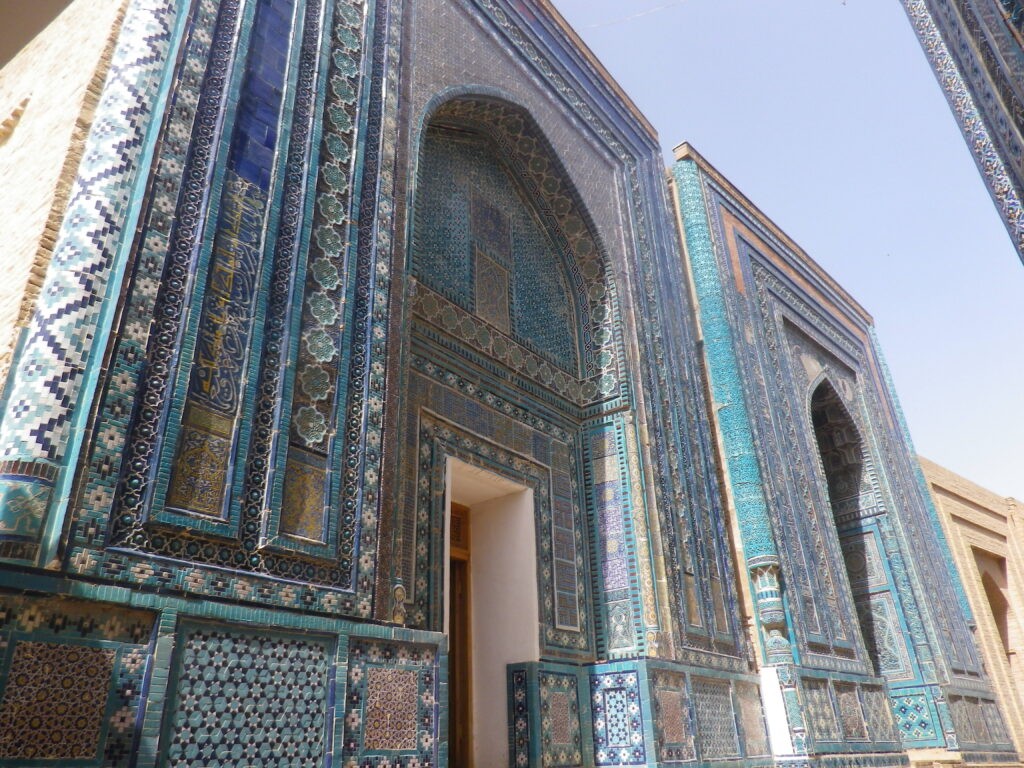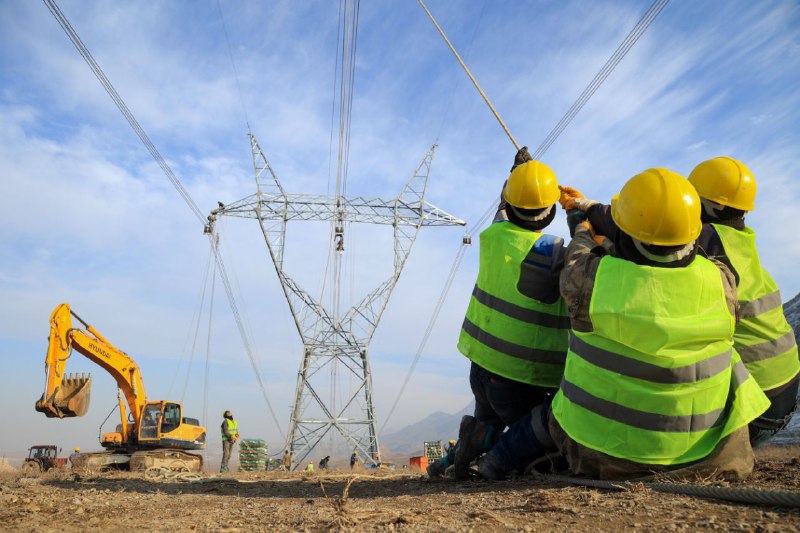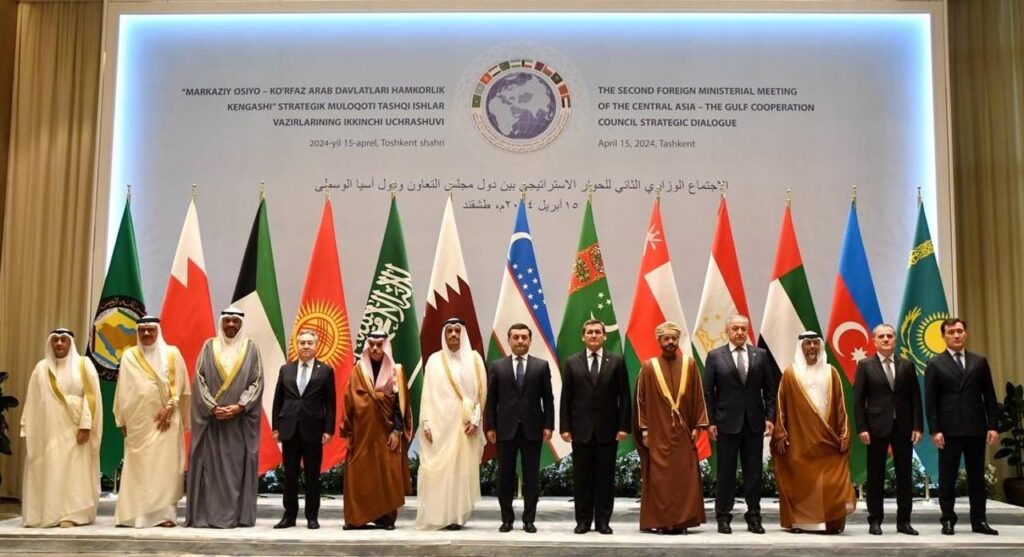Cradled by the embrace of the Syr Darya and Amu Darya Rivers, Uzbekistan boasts a rich tapestry woven from the threads of history. Being home to trade hubs like Samarkand and Bukhara, this land has been at the center of cultural exchange for over a millennia.
From the Turkic-Mongol tribes creating the foundation of Uzbek civilization to the fall of the Soviet Union giving birth to the nation we know now, the history of Uzbekistan consists of a captivating blend of conquests and resilience.
In 2016, following the demise of Islam Karimov, who ruled the country for 25 years, Shavkat Mirziyoyev came to power promising to lead Uzbekistan into a new and more progressive era. With a focus on modernization and reforms, Mirziyoyev envisioned bringing the nation out of his predecessor’s repressive tenure and propelling it forward while honoring the country’s cherished traditions. With Uzbekistan trying to find its place in the modern world, the President has a significant duty to realize the nation’s potential found in its youthful population and strategic location.
Mirziyoyev’s time in office has allowed the country to witness the beginning of a new chapter, with a special focus on economic and social reforms. The economy is on its way to becoming a modern market economy as reforms have opened the doors for foreign investors to direct their money into the country.
Uzbekistan’s per capita income tells the story of a rising nation, reaching $1,705 in 2023, an increase of $100 compared to the previous year and a testament to the government’s commitment to transforming towards a market-oriented economy. To create a conducive environment for businesses and especially foreign investors, the foreign exchange market was liberalized, and exchange rates were unified, bringing down tax rates for people and firms. The country has also allowed visa-free entry to attract tourists from around the world to their turquoise-domed cities and promote business and tourism.
Coupled with all this, the country is also moving towards more relaxed trade policies, where it has opened previously closed borders with neighboring nations, including Kazakhstan, which is currently one of Uzbekistan’s top export destinations. With this modified attitude, the country’s role in international trade has dramatically evolved, making it a significant player in the Central Asian market. Over the past few years, the nation has shown great interest in joining the World Trade Organization (WTO), which will further improve its access to the global landscape.
However, until Uzbekistan gains member status, the government hopes to boost their export capabilities by attracting foreign capital and technology through liberalizing trade and investment. Along with this, export permit and licensing requirements were also abolished for wholesale traders. While these measures have allowed the country to take a decisive step towards progression and development, several areas still necessitate immediate action, such as transportation networks and communication infrastructure, which are required to facilitate international trade. Previously, the country primarily focused on the export of cotton but is now expanding into other areas, including oil, gas, and gold. Another area of interest for Uzbekistan is maintaining its status as Central Asia’s leading machinery and heavy equipment producer.
The government has introduced significant tax reforms to allow for major socioeconomic developments, such as establishing a unified tax rate for personal income tax, corporate income tax and payroll tax for both large and small firms. Uzbekistan also adopted a Strategy for Innovative Development, which is heavily aligned with the Sustainable Development Goals, comprising 81 indicators the country wishes to fulfill by 2030.
These reforms also include fostering a conducive environment for not only tech giants, but also start-ups. The government has taken several steps, such as creating IT parks, introducing tax incentives, and educational reforms that will generate a tech-savvy population fully equipped for the challenges of the future.
The government has also taken strident measures to battle corruption by strengthening its judiciary and increasing accountability for its officeholders. Such measures have created an environment beneficial for economic growth and businesses.
Uzbekistan’s multi-faceted approach towards development also considers sports and their role in fostering bilateral relations between countries. Just recently, the Uzbek Ambassador to the United Kingdom brought together cricketers from both nations to discuss cricket diplomacy. The government has also increased its investment in sports infrastructure and training facilities to provide a better environment and encourage broader participation.
The government also hopes to use media coverage to promote a positive image of the country to the international world. The administration recently announced its full support for young people entering the sphere of journalism who are working on covering the new Uzbekistan. However, with no private media channels, it should be noted that the country still has a long way to go in terms of media freedom. Interestingly, with 60% of the population under the age of 30, people have seen a rise in the use of social media to share stories that are hardly covered by official outlets.
With all these reforms and initiatives, Uzbekistan is well on its way to becoming one of the fastest-growing nations in the world. However, as previously mentioned, the republic still faces several challenges that gravely threaten its path to progress. The prevailing volatile political environment has threatened its growth, but the current administration hopes to court Western economies to attract more foreign capital, ultimately leading to more development. The country has also been consolidating with the West on critical issues to maintain cordial relations. For instance, the Uzbek government took a strong stance against the Russian invasion of Ukraine and vowed to abide by the sanctions imposed by the West. This stance came as a surprise to some, since the country has previously enjoyed close relations with Moscow.
In conclusion, these reforms have placed the Republic of Uzbekistan at a crossroads, and the vision of a new Uzbekistan has put it on the cusp of a new era. However, the persistent challenges of instability and lack of freedom amongst citizens continues to challenge its growth. The success of this vision ultimately hinges on the administration’s ability to navigate these challenges while capitalizing on its strengths, propelling the nation towards a future brimming with potential.
Raza Syed is journalist of Pakistani-descent based in the U.K. with over three decades of international experience; his expertise span several countries, with a particular focus on Central and South Asia.








